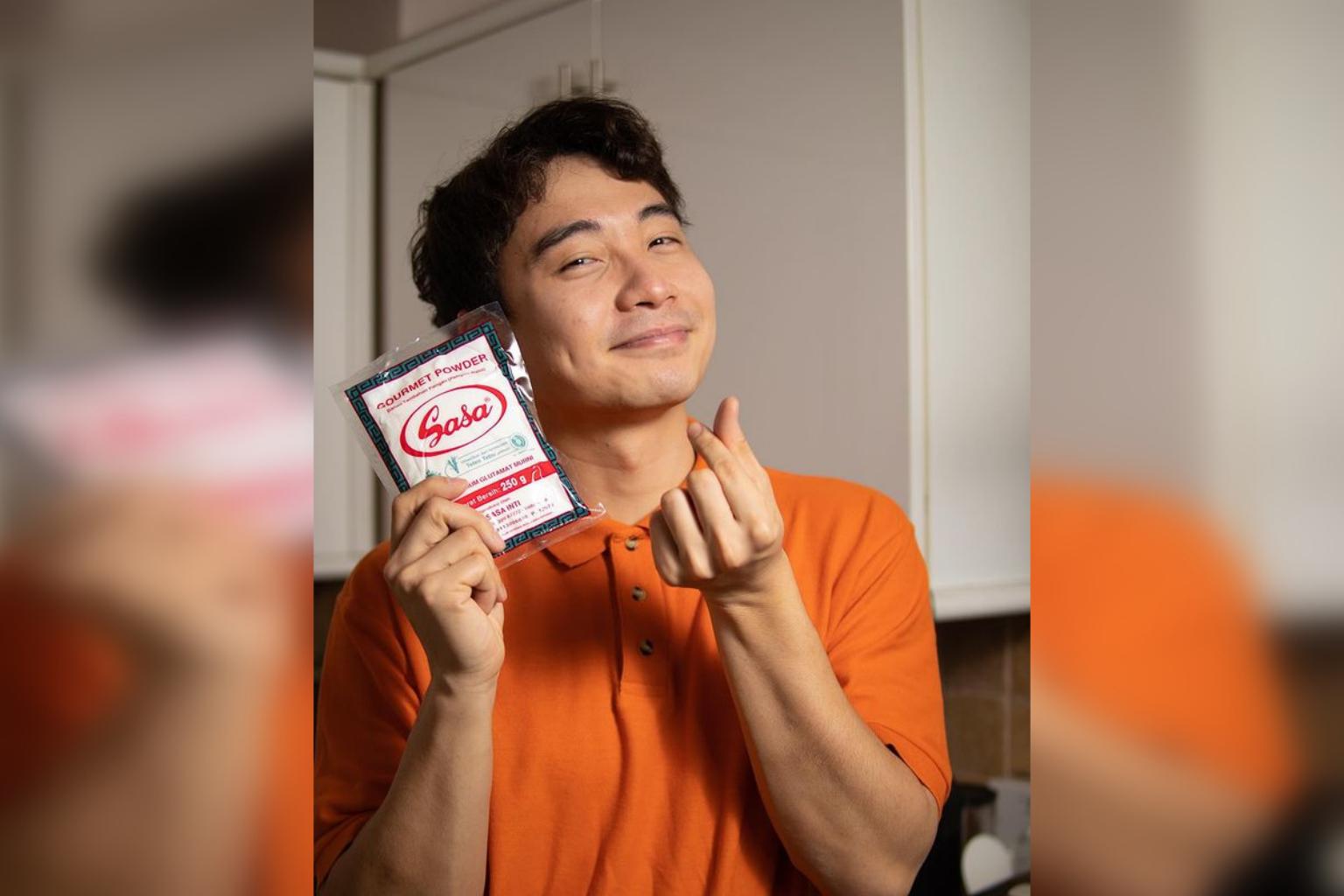'Uncle Roger' comedian sparks China censorship row with deleted video
Sign up now: Get insights on Asia's fast-moving developments

Malaysian-born stand-up comedian Nigel Ng has become a viral sensation in recent months with his character "Uncle Roger", an alter ego based on a disapproving middle-aged man who critiques bad attempts at making Asian cuisine.
PHOTO: MRNIGELNG/INSTAGRAM
HONG KONG (AFP) - A Britain-based comedian has sparked a censorship row after he apologised to Chinese fans and removed a video featuring a fellow YouTube star who had been critical of Beijing.
Malaysian-born stand-up comedian Nigel Ng has become a viral sensation in recent months with his character "Uncle Roger", an alter ego based on a disapproving middle-aged man who critiques bad attempts at making Asian cuisine.
His video of a horrified Uncle Roger watching a BBC presenter butcher fried rice has racked up more than 20 million views on his YouTube channel. The video was also widely ripped and shared inside China.
But Ng now finds himself at the centre of a storm over digital content creators bowing to Chinese censorship - even on platforms that cannot be accessed inside the mainland.
The comedian's presence in China is relatively small: His account on the Twitter-like Weibo platform has just 125,000 followers compared with the three million subscribers on YouTube, a website that is blocked by China's censors.
On Tuesday (Jan 12), Ng posted a message on Weibo announcing that he had deleted a video which featured Mike Chen, a popular American food blogger and YouTuber.
"During the cooperation between me and the YouTuber, I wasn't aware of his political thoughts and the incorrect remarks he had made on China," Ng wrote, adding that the video featuring Chen had created "negative social impact".
During the video - copies of which were still available online - Ng and Chen review another food presenter's attempts to make dumplings. There is no discussion of politics.
But Chen is frequently critical of Beijing on his own social media platforms, writing posts about human rights abuses in Hong Kong and against China's Uighur Muslim minority.
He also highlights Beijing's pursuit of the Falun Gong, a religious sect that has been banned by mainland authorities.
Ng did not respond to requests for comment.
But Chen decried the decision to delete the video and said it illustrated China's growing sway over artists beyond its borders.
"I do think that what happened here is the result of the Chinese Communist Party's censorship, even if it wasn't direct censorship," he said.
"(China) uses many tactics to silence those who disagree with them or challenge them. They will use online mobs to bully or intimidate people. They will use their soft power to get people to self-censor because they are afraid of losing business in China or offending Chinese people," he added.
Badiucao, a dissident Chinese artist based in Australia, posted a cartoon showing the character Uncle Roger in front of a Chinese flag.
"The Chinese government makes it clear to all creators outside of China that the only way to have a share in its market inside wall is obedience," Badiucao told AFP, accusing Ng of "self-censoring for renminbi from the Chinese market". The renminbi is China's official currency.


